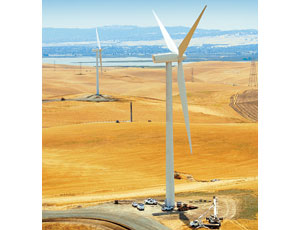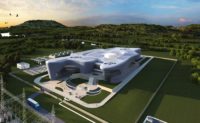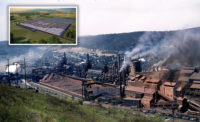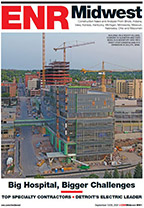Rosendin Electric Inc., San Jose, Calif., is starting its 10th decade in business, now as the second-largest U.S. electrical contractor. But it’s still pushing into new market sectors and regions and refining corporate processes to compete in the post-recession economy.

While nearly half the firm’s $893 million in 2008 revenue is in general building, it has read the tea leaves to move into more recession-resistant niches such as health care and mission critical data centers as well as more complex arenas with fewer competitors, such as transportation and renewable energy. Rosendin has the multimillion-dollar electrical contract for a $2.4-billion third terminal at McCarran Airport in Las Vegas, set to finish in 2012. But even with the firm’s success, it has not been immune from market slowdowns.
“Some markets seem to have new life in the last two months, but last year the spigot was turned off on many projects,” says Executive Vice President James N. Hawk. “We are going where the work is, so there are different competitors that we haven’t faced before. We always traveled, but it’s more important now than ever before.” For the first time, Rosendin is eyeing major work for federal and military customers, such as for the U.S. Navy on the Pacific island of Guam. “If we could build hospitals in California, with all of its regulatory complexity, we are well suited for federal work no matter where,” he says. “But we’re still competing for the $5-million jobs, and that subjects us to all the market’s hyper-competitiveness.”
Hawk says the firm is “clearing out all the barriers,” beefing up its attention to bid-estimate reviews and project pre-planning, pushing new levels of employee collaboration and project manager responsibility and looking for cost-savings and productivity improvements such as task simplification and greater use of prefabrication. “We have to have measurables we can track,” says Hawk. “We’re not just telling people to work harder and faster.”






Post a comment to this article
Report Abusive Comment